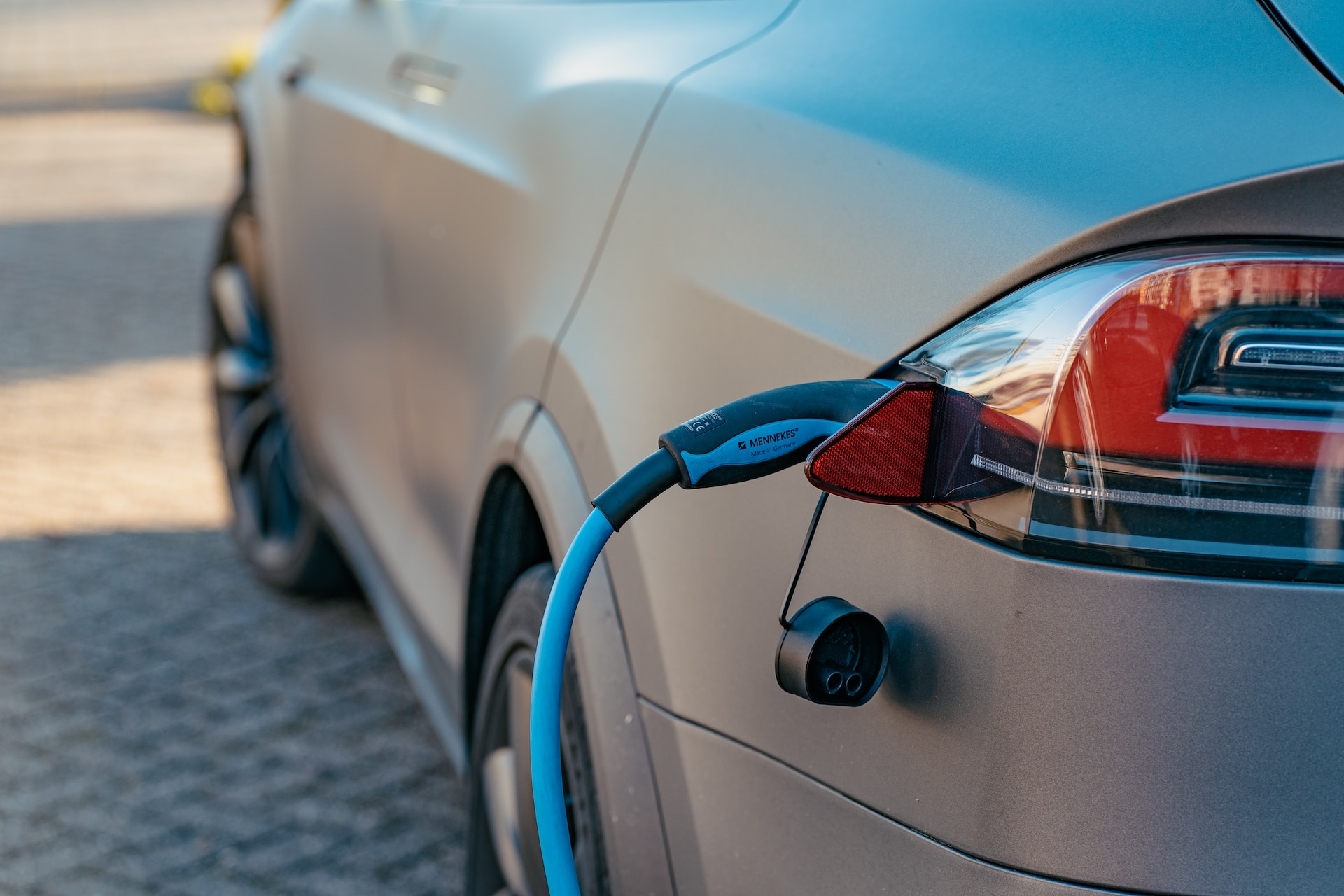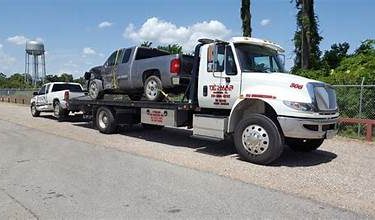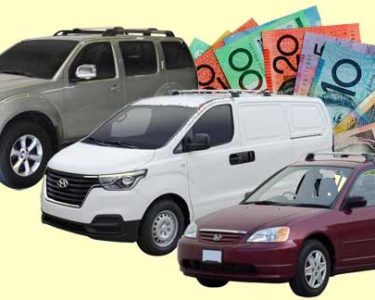Chinese electric vehicle (EV) maker Hozon Auto has announced its plans to expand globally with the production of its vehicles in Thailand for the Southeast Asian market. The move comes as part of the company’s effort to expand its EV reach beyond China, and tap into the growing EV market in Southeast Asia.
Hozon Auto, based in the eastern Chinese city of Jiaxing, will produce its Neta-branded electric vehicles in Thailand in collaboration with Energy Mahanakhon Group, a Thai energy company. The production is expected to begin in the second half of 2021, with an initial annual capacity of 12,000 vehicles, according to a joint statement released by the two companies.
The move to Thailand comes as the country has been positioning itself as a regional hub for EV production, with the government offering incentives and tax breaks to attract investment from foreign EV makers. Thailand’s Board of Investment (BOI) has been offering investment incentives to automakers who invest in the country, including tax exemptions for up to eight years and reductions in import duties on machinery and raw materials.
Hozon’s entry into the Southeast Asian market is seen as a strategic move, given the region’s growing appetite for EVs. According to a report by the International Energy Agency (IEA), Southeast Asia is expected to become a major market for EVs, with the number of electric cars in the region expected to reach 17 million by 2040.
The company’s decision to enter the Thai market is also likely to provide a boost to the country’s economy, which has been hit hard by the COVID-19 pandemic. The Thai government has been keen to promote the development of EVs and related industries as a way to spur economic growth and create new job opportunities.
Hozon’s Neta brand includes a range of electric vehicles, including the N01 city car, the N01S compact SUV, and the ME5 crossover SUV. The company is also developing a high-performance electric sports car, the Icon, which is set to be launched in China later this year.
The company’s expansion into Thailand is part of a wider push to expand globally, with plans to enter other markets in Southeast Asia and Europe in the coming years. Hozon aims to sell one million electric vehicles globally by 2030, according to a company statement.
Hozon is not the only Chinese EV maker eyeing the Southeast Asian market. Chinese EV giant BYD has been producing electric buses in Thailand since 2019 and is reportedly planning to expand its EV production to include cars.
The entry of Chinese EV makers into Southeast Asia has raised concerns about competition for local automakers, as well as concerns about the quality and safety of Chinese-made vehicles. However, Hozon’s collaboration with a local energy company could help to ease such concerns.
In addition to its plans to expand globally, Hozon is also investing in research and development (R&D) to develop new technologies for its EVs. The company has established a joint R&D center with Germany’s Bosch to develop new electric powertrain systems and has also partnered with Swiss engineering firm Rinspeed to develop new EV technologies.
Hozon’s expansion into Thailand marks an important milestone for the company as it looks to expand its reach beyond China and tap into the growing demand for EVs in Southeast Asia. With the Thai government’s support for EV production and its strategic location as a hub for the region, Thailand is well-positioned to attract more foreign investment in the EV industry in the coming years.




